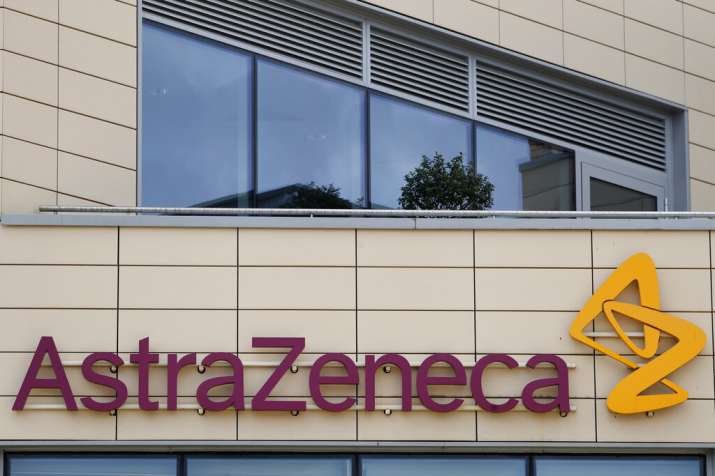Oxford University Coronavirus Vaccine Shows Promising Results

Coronavirus vaccine developed by the UK's Oxford University and AstraZeneca is safe and induces immune reaction, as per preliminary results, medical journal The Lancet said.
Trials involving around 1,077 people showed the injection led to them making antibodies and white blood cells that can fight coronavirus. Authors say that further clinical studies, including in older adults, should be done.
The human trial of COVID-19 vaccine candidate developed by the University of Oxford and backed by AstraZeneca Plc has shown a positive result. Officially known as AZD1222, the vaccine has prompted a protective immune response in hundreds of people who got the shot, according to a report published in British medical journal Lancet.
The researchers said that they found their experimental COVID-19 vaccine produced a dual immune response in people aged 18 to 55.
“We are seeing good immune response in almost everybody," said Dr. Adrian Hill, director of the Jenner Institute at Oxford University.
“What this vaccine does particularly well is trigger both arms of the immune system," he said.
Hill said that neutralizing antibodies are produced- molecules which are key to blocking infection. In addition, the vaccine also causes a reaction in the body's T-cells which help to fight off the coronavirus.
The vaccine uses a weakened version of chimpanzee adenovirus as a vector, infused with the genetic material of SARS-CoV-2 spike protein. Adenovirus is a benign virus that causes the common cold, and so the safety of the vaccine is assured.
The potential vaccine is already in large-scale phase III human trials to assess whether it can protect against COVID-19. In phase-3, it will be tested on roughly 30,000 people in the US alone.
Hill estimated they might have sufficient data by the end of the year to decide if the vaccine should be adopted for mass vaccination campaigns.
He said the vaccine seemed to produce a comparable level of antibodies to those produced by people who recovered from a COVID-19 infection and hoped that the T-cell response would provide extra protection.
“There's increasing evidence that having a T-cell response as well as antibodies could be very important in controlling COVID-19," Hill said. He suggested the immune response might be boosted after a second dose; their trial tested two doses administered about four weeks apart.
Hill said Oxford's vaccine is designed to reduce disease and transmission. The vaccine candidate has been developed by the Jenner Institute, a part of the Nuffield Department of Medicine at the University of Oxford. The formulation is backed by AstraZeneca PLC, a British-Swedish pharmaceutical company.
AstraZeneca has already committed to making 2 billion doses.
The pharmaceutical company has partnered with Serum Institute of India to produce the vaccine.















































